MRI
-
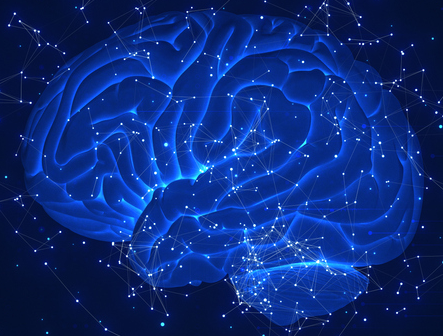
Vanderbilt launches AUD Research and Education Center with prestigious $8.9 million NIH grant
An $8.9 million grant from the NIH will establish the Vanderbilt AUD Research and Education Center, enhancing Vanderbilt University’s national leadership in neuroscience and addiction research. This initiative aims to foster interdisciplinary collaboration, advance understanding and treatment of alcohol use disorder, and engage the public through education and outreach efforts. Read MoreMar 21, 2024
-

New NIH grant funds novel brain network approach to improve epilepsy surgery
A multidisciplinary group of investigators from Vanderbilt University Medical Center, Vanderbilt University, and the University of Pennsylvania received a $3.2 million grant to develop novel brain network-based measures to guide surgical decisions and improve outcomes in the field of epilepsy surgery. Read MoreJan 18, 2024
-

Engineering doctoral student is Vanderbilt’s first recipient of Rabi Young Investigator Award
Vanderbilt engineering graduate student Sai Abitha Srinivas received the I.I. Rabi Young Investigator Award at the 2022 meeting of the International Society for Magnetic Resonance in Medicine, held May 7-12 in London. This award is recognition for her work to improve image quality in portable MRI systems with minimal passive shielding that could reduce the... Read MoreJun 3, 2022
-

Gore tapped for prestigious lecture named for MRI co-inventor Lauterbur
The relatively brief history of medical MRI is riddled with failed predictions, according to University Professor John Gore, founding director of the Vanderbilt University Institute of Imaging Science. Bold statements about the optimal magnetic field and the limits of magnet strength were way off. In 1982 one researcher concluded MRI was useful for imaging the... Read MoreJun 1, 2021
-

Gore tapped for prestigious lecture named for MRI co-inventor Lauterbur
The relatively brief history of medical MRI is riddled with failed predictions, according to University Professor John Gore, founding director of the Vanderbilt University Institute of Imaging Science. Bold statements about the optimal magnetic field and the limits of magnet strength were way off. In 1982 one researcher concluded MRI was useful for imaging the... Read MoreJun 1, 2021
-
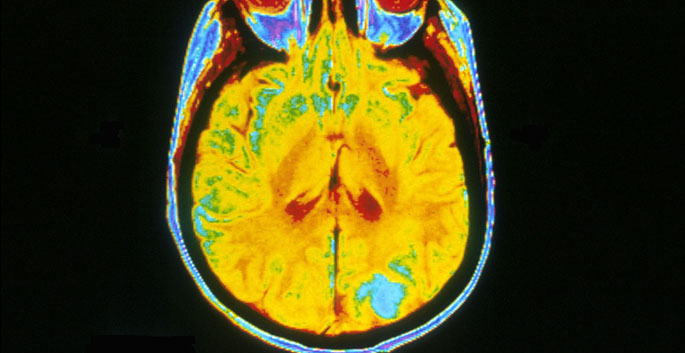
MRI view of brain tumor prognosis
In patients with glioblastoma brain tumors, features detected on MRIs at diagnosis were associated with survival, Vanderbilt Medical Center investigators found. Read MoreFeb 22, 2021
-
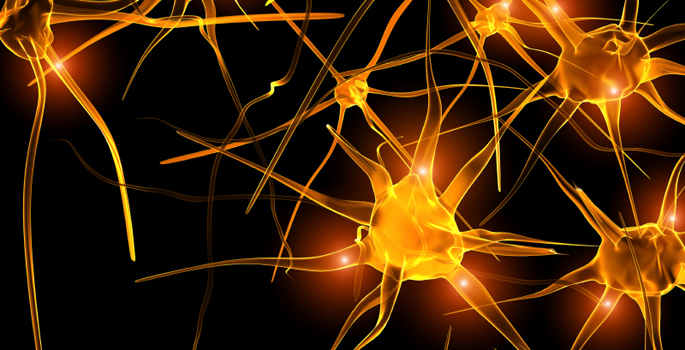
Imaging guidance for nerve repair
A noninvasive, quantitative MRI method could be used after surgical repair of traumatic peripheral nerve injury to help clinicians make decisions about whether additional surgical interventions are needed. Read MoreFeb 9, 2021
-

Researchers create technique that corrects distortions in MRI images
Perfecting MRI images with deep learning, Vanderbilt and VUMC researchers have created a technique that corrects image distortions, which provides more accurate information for researchers, radiologists and neuroscientists to better interpret brain scans. The work by Bennett Landman, professor of electrical engineering and computer science and radiology and radiological sciences, and Kurt Schilling, research assistant... Read MoreNov 11, 2020
-
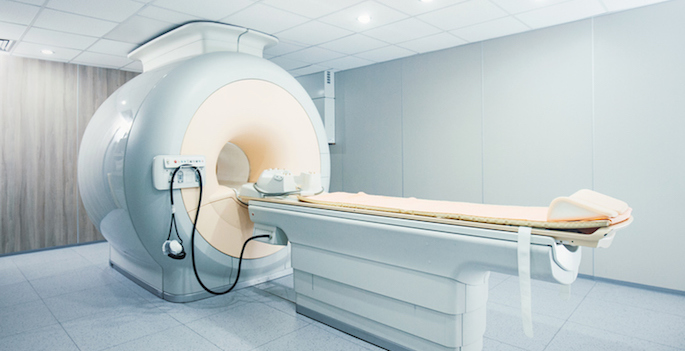
Grissom awarded $1.4 million NIH grant to develop smaller, quieter MRI system
Vanderbilt engineers have received a $1.4 million NIH grant to work toward a compact, silent, less expensive and potentially portable MRI device. Read MoreSep 1, 2020
-

Does named Fellow of International Society for Magnetic Resonance in Medicine
Mark Does, professor of biomedical engineering has been selected as a Fellow of the International Society for Magnetic Resonance in Medicine. His research program focuses on developing and applying MRI methods to quantitatively characterize various properties and/or compositions of tissue. It includes developing models of nuclear magnetic resonance relaxation and water diffusion in tissue, development... Read MoreAug 11, 2020
-

A connection to schizophrenia
The insula, a small region of the brain involved in diverse brain functions had widespread dysconnectivity in schizophrenia, Vanderbilt researchers found. Read MoreJun 23, 2020
-

Imaging breast cancer cell size
A noninvasive MRI approach assesses breast tumor cell size and could be a useful way to evaluate early response to neoadjuvant therapy. Read MoreFeb 10, 2020
-
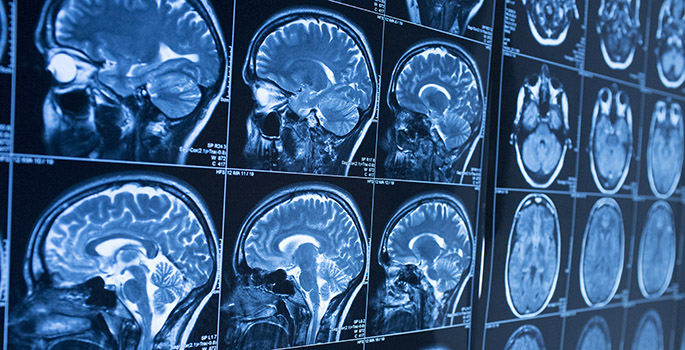
Vanderbilt researcher shares more than 3,000 brain scans to support the study of reading and language development
Vanderbilt neuroscientist James R. Booth is releasing two large scale neuroimaging datasets on reading and language development to support other researchers studying how academic skills develop in childhood. Read MoreJan 10, 2020
-
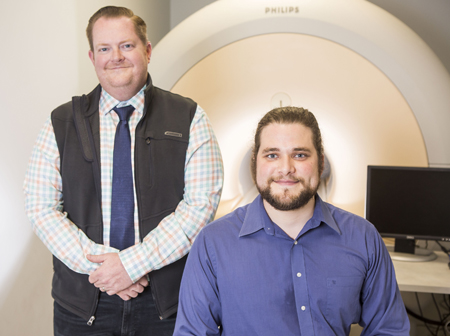
MRI technique detects spinal cord changes in MS patients: study
A Vanderbilt University Medical Center-led research team has shown that magnetic resonance imaging (MRI) can detect changes in resting-state spinal cord function in patients with multiple sclerosis (MS). Read MoreApr 19, 2018
-
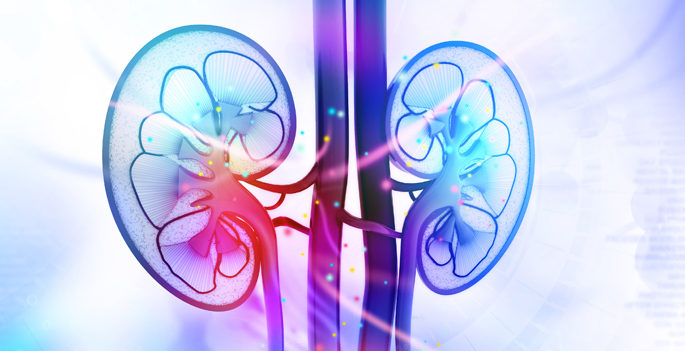
Kidney disease imaging
Making multiple measurements with MRI can provide comprehensive information about the molecular and cellular changes caused by kidney injury. Read MoreMar 22, 2018
-
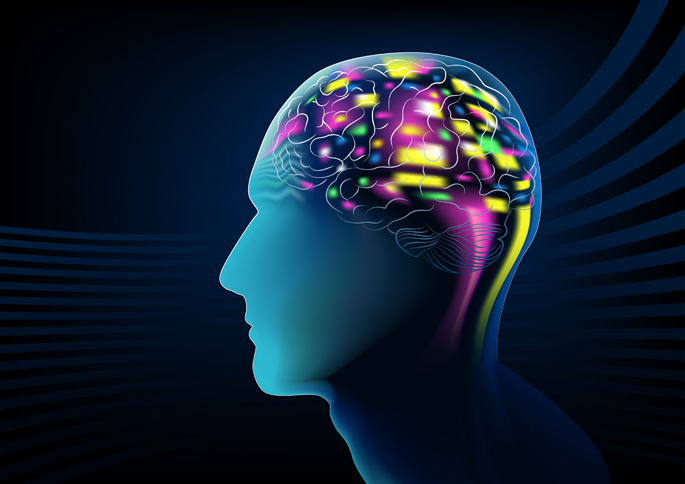
Brain connections in schizophrenia
Brain imaging studies have implicated the connection between two brain regions in the pathophysiology of schizophrenia. Read MoreMar 9, 2018
-

Imaging features predict tumor grade
Vanderbilt researchers have discovered imaging features associated with increased risk for aggressive meningiomas (tumors of the brain membranes) that could help guide surgical planning and patient counseling. Read MoreJan 29, 2018
-
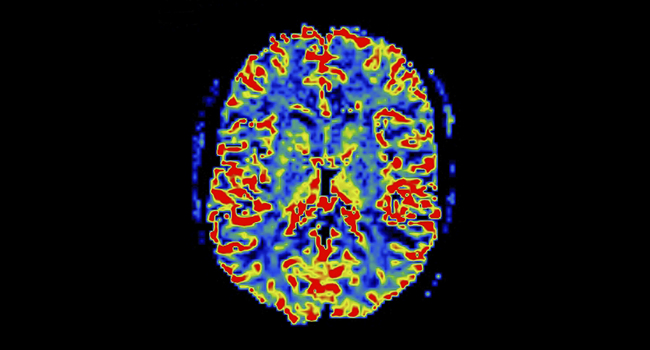
BOLD view of white matter
Vanderbilt investigators have discovered that functional MRI detects neural activity in both gray and white matter in the brain, suggesting new ways to investigate diseases such as Alzheimer’s and multiple sclerosis. Read MoreJan 12, 2018
-

Impulsivity in Parkinson’s Disease
A noninvasive MRI technique may help predict a troubling side effect of common medications for Parkinson’s Disease and improve clinical treatment plans. Read MoreOct 27, 2017
-
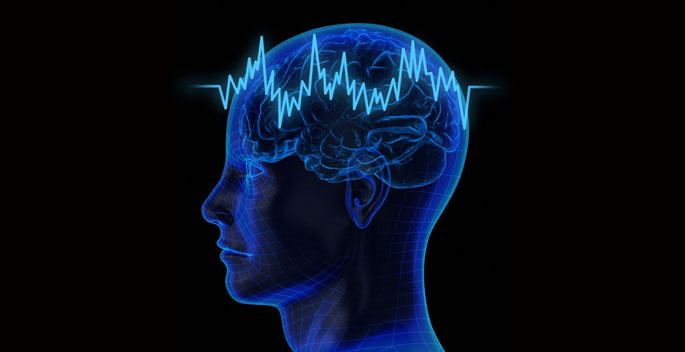
Predicting brain surgery outcomes
Assessing brain functional and structural connectivity in patients with temporal lobe epilepsy may be a useful way to identify the best candidates for surgical treatment. Read MoreAug 18, 2017